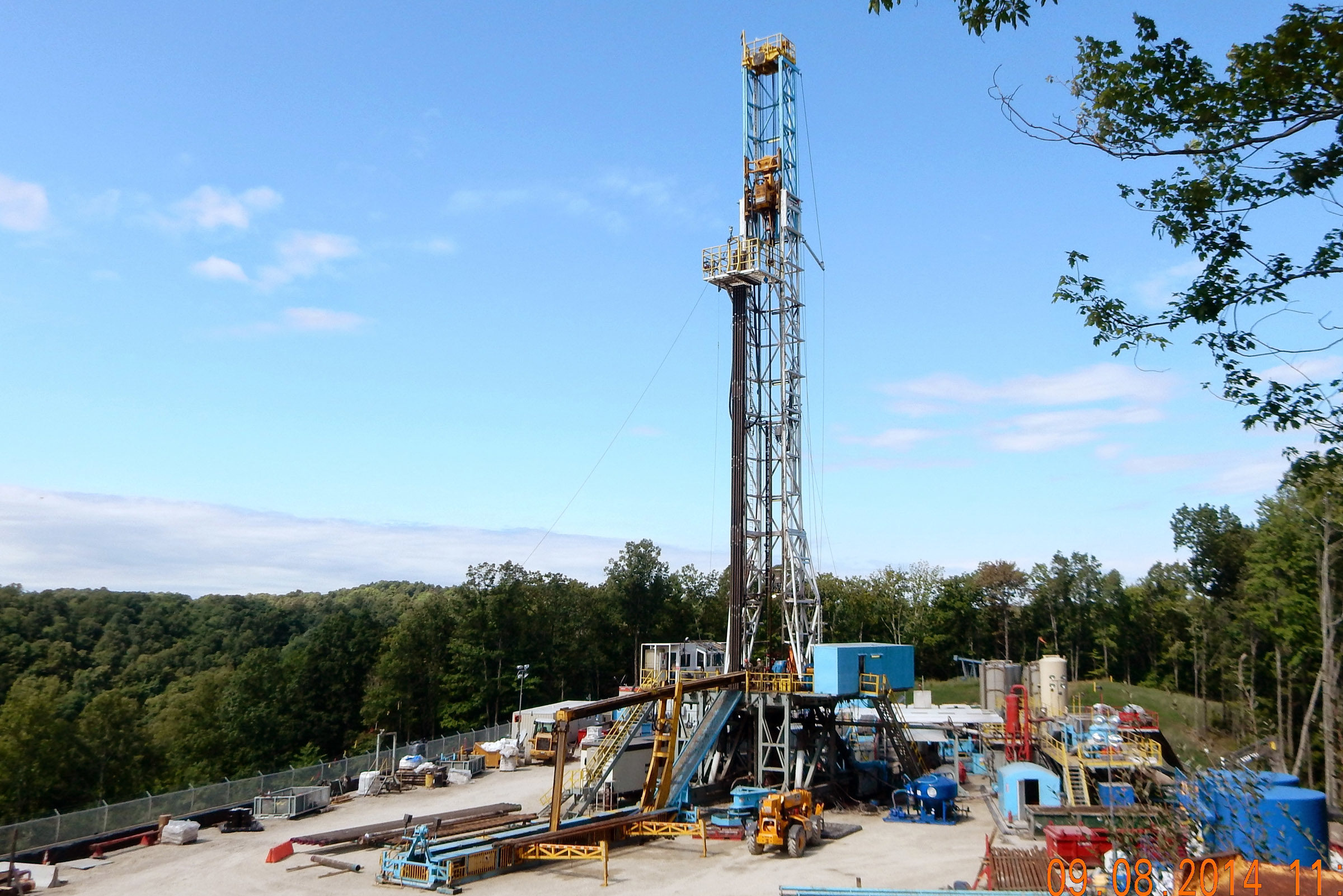Fracking is getting some air time in the Democratic primary race. At a recent CNN debate in Flint, Michigan, Hillary Clinton attempted to send some strong signals to her party’s base with her comments on the topic. When asked whether she supports fracking, she gave a list of conditions that would have to be met for her to support the controversial drilling method that’s at the heart of the oil and gas boom in the U.S.
“I don’t support it when any locality or any state is against it, number one,” she said. “I don’t support it when the release of methane or contamination of water is present. I don’t support it, number three, unless we can require that anybody who fracks has to tell us exactly what chemicals they are using. By the time we get through all of my conditions, I do not think there will be many places in America where fracking will continue to take place.”
These were strong words, especially from Clinton. As Secretary of State, she supported fracking as a way to get the U.S. off of foreign oil and gas. She also encouraged America’s allies to do the same. In a 2010 speech before foreign ministers from the Americas, she touted the benefits of fracking for natural gas.
“Now, I know that in some places, it is controversial. But natural gas is the cleanest fossil fuel available for power generation today,” she said. “If developed, shale gas could make an important contribution to our region’s energy supply, just as it does now for the United States.”
WATCH: “Clinton and Sanders Spar Over Fracking”
So what’s behind Clinton’s recent tough talk on fracking?
G. Terry Madonna, a pollster at Franklin and Marshall College, says Clinton is simply moving to the left on the issue. It’s primary season, and Democratic primary voters are much more liberal than voters in the general election.
“It’s clearly a concerted plan to move to the left to gain the support of those [primary] voters, as well as to go after the support base that Sanders has picked up,” Madonna says.
Sanders’ comments on fracking were even stronger than Clinton’s.
“I have a much shorter answer,” he said. “No, I do not support fracking.”
Sanders added that he was concerned about water contamination from fracking. The EPA’s current study of the issue has found documented cases of water contamination, though it found no “widespread, systemic impacts on drinking water resources” from the practice. That conclusion, however, has been contested by some of the agency’s own scientists, who have said the finding “requires clarification and additional explanation.”
The oil and gas industry dismissed both candidates’ comments. The American Petroleum Institute’s Louis Finkel called them “a political stunt by those who are spouting populist rhetoric for political points.”
LISTEN: “Where Do Clinton, Sanders Stand on Fracking?”
Even with the tough talk from Sanders and Clinton, it remains an open question how much either candidate—if elected—would be able to do to limit fracking.
Amy Mall, a senior policy analyst at the environmental group NRDC Action Fund, says many of the laws that could be used to further regulate fracking—like the Safe Drinking Water Act—would have to be changed by Congress.
But Mall says there are existing rules that a Clinton or Sanders administration could strengthen, such as those governing air emissions from fracking and the handling of drilling waste.
Another issue: Analysts say less fracking could lead to coal playing a bigger role in the nation’s energy profile. And that could be even worse for climate change.

